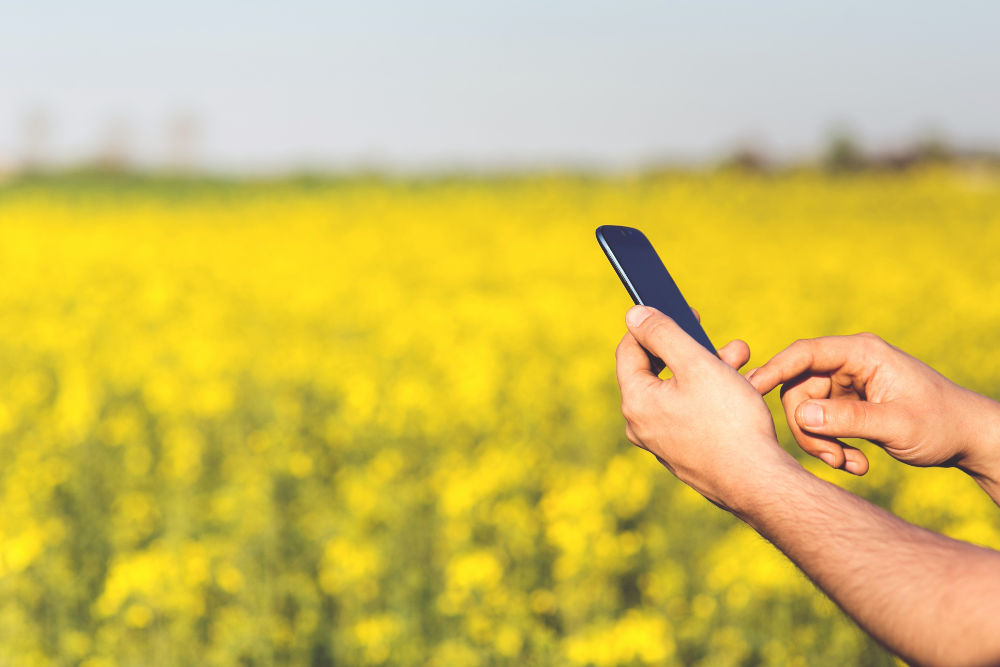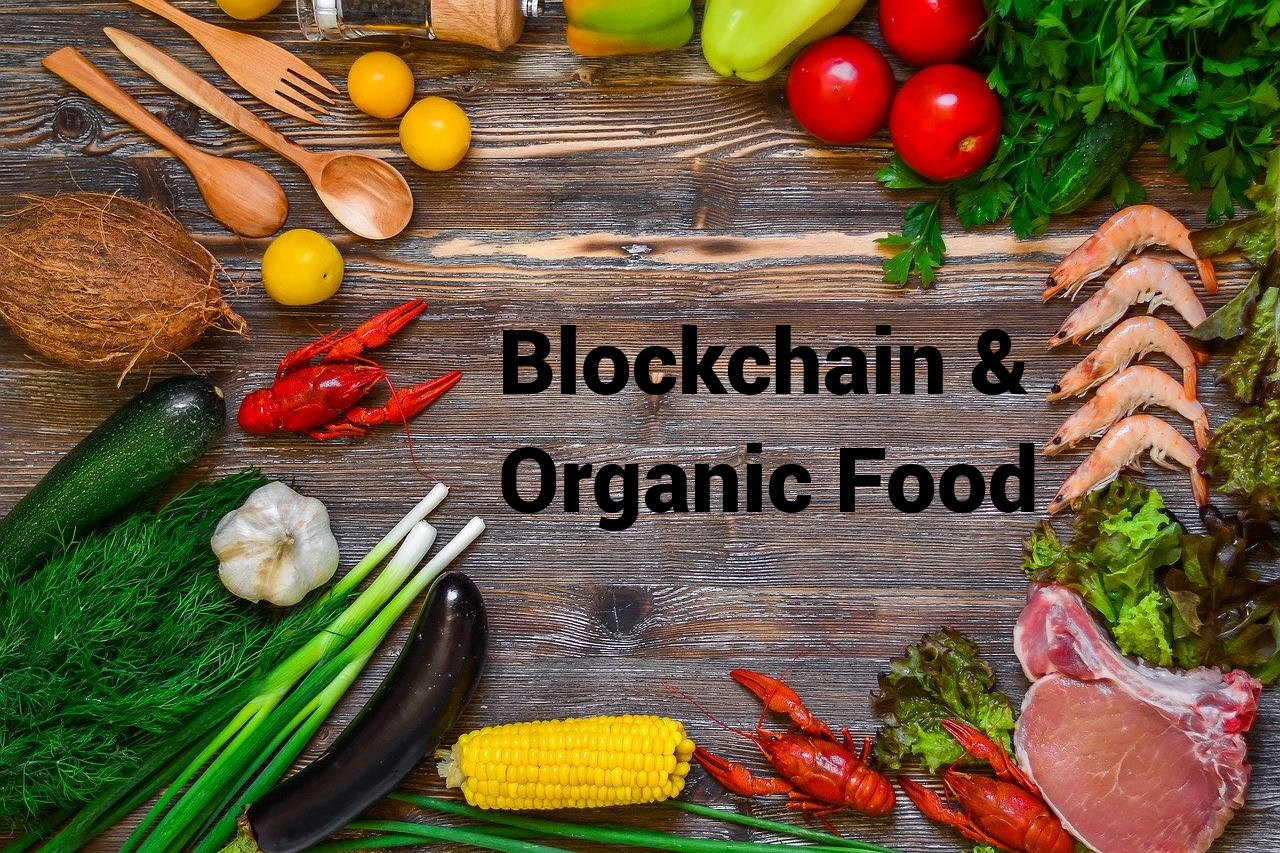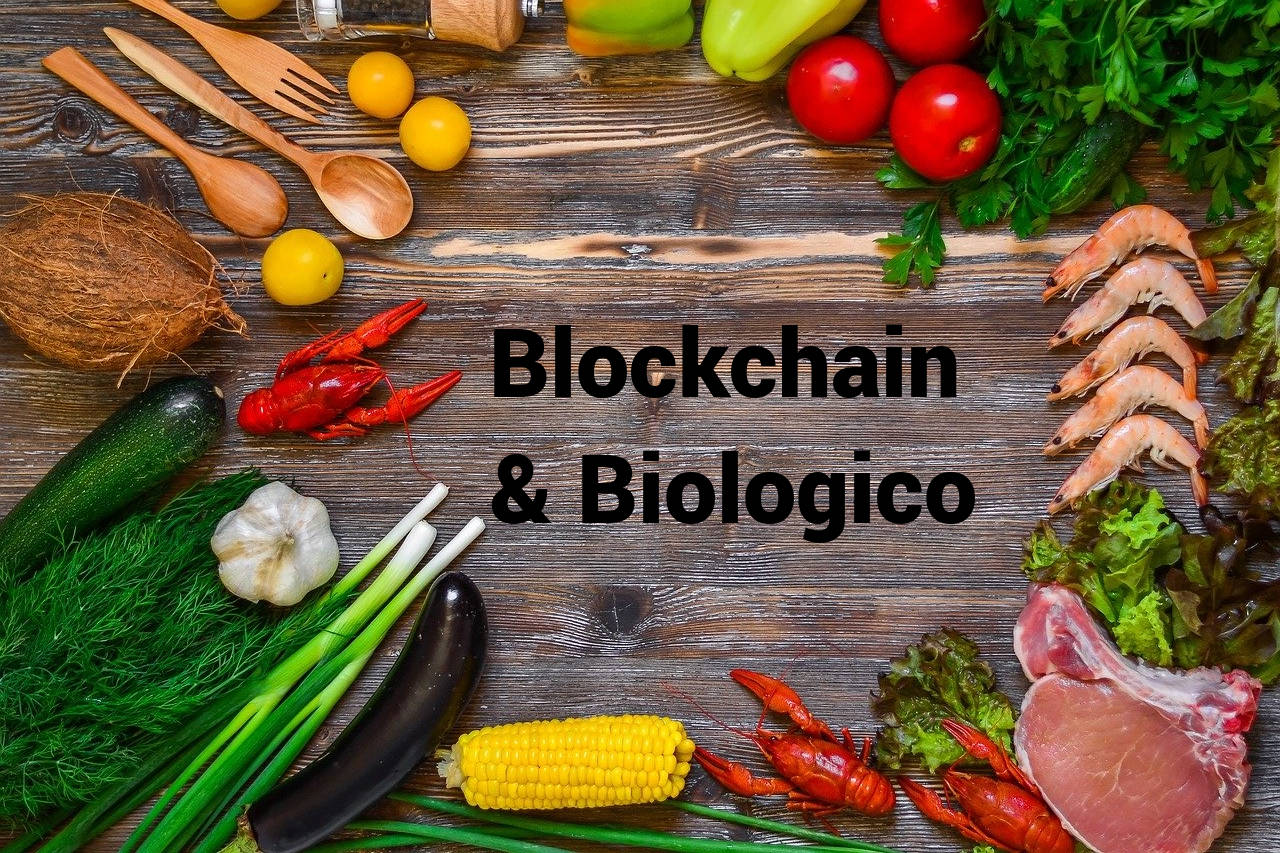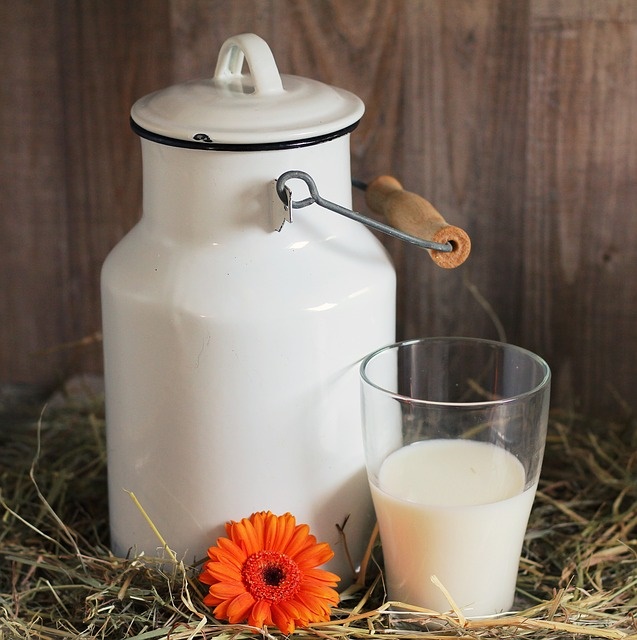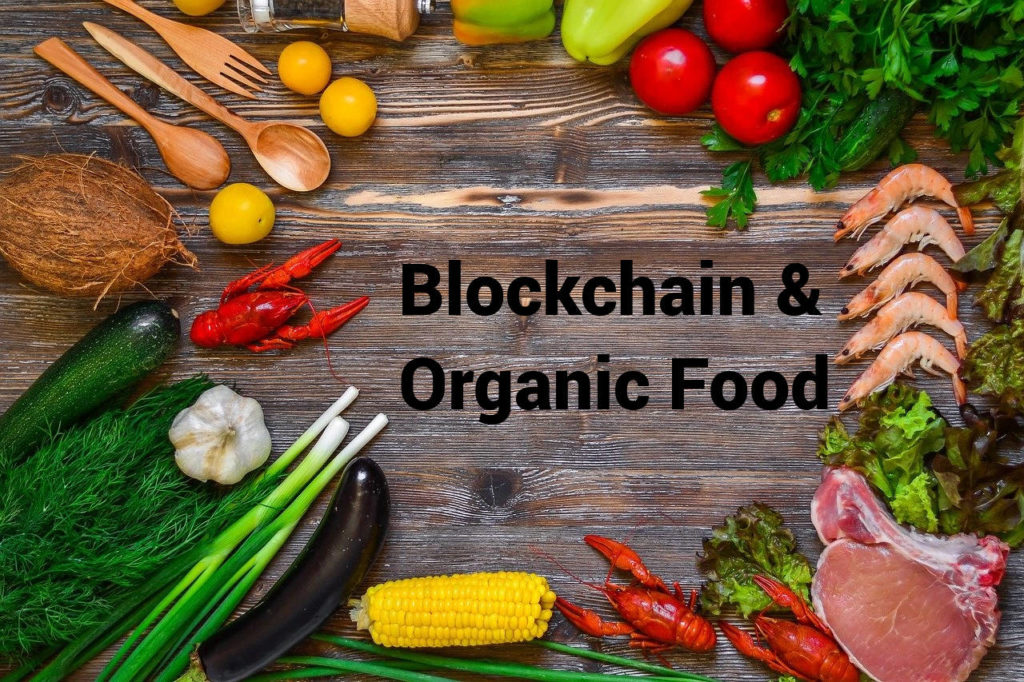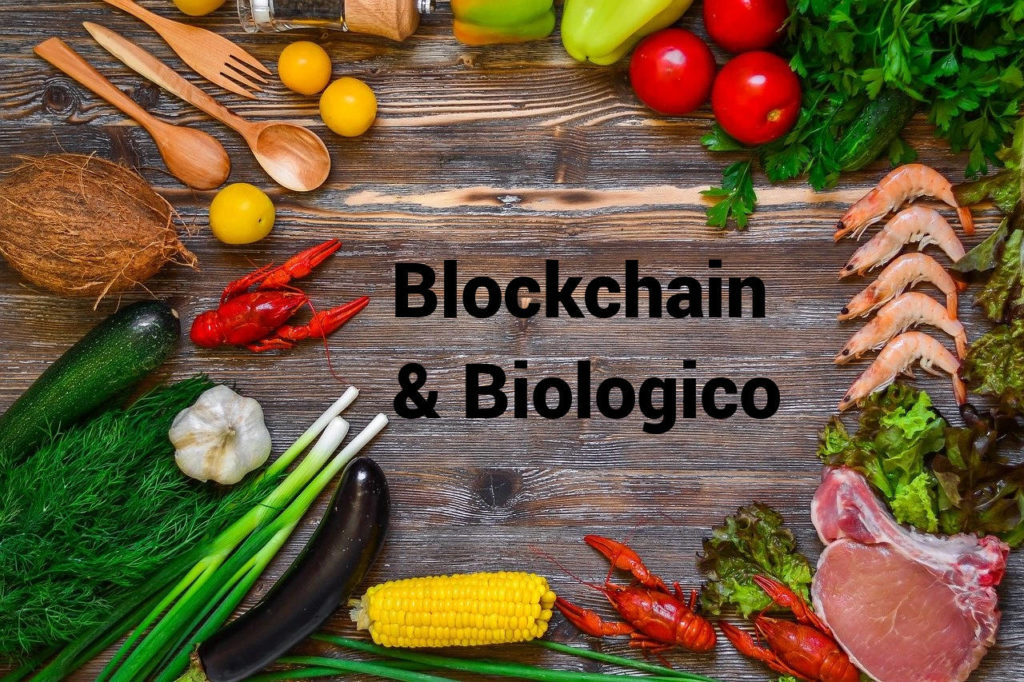Agribusiness is the third sector by number of blockchain applications. In particular, blockchain is used for traceability of the supply chain.
From meat to mozzarella, from PGI product to pasta, agrifood companies are choosing this new technology capable of ensuring new opportunities for turnover growth, product protection and efficiency throughout the supply chain, through transparent and complete product tracking.
How does blockchain work?
What is blockchain? It is a digital ledger of transaction, distributed between nodes (computers). Each of them holds a copy of the ledger. All copies update indipendently. Its structure is block: one for each transaction. To add a block, i.e. a data record, you need the consent of the nodes. Control is maximum.
Each block snaps to the previous one and is protected by encryption. The register is immutable: in fact, to modify a block, it would be necessary to intervene on all the copies distributed.
How does blockchain apply to the agrifood supply chain?
Blockchain is the reliable technology for tracing the product from raw material to distribution, ensuring transparency in every phase of the supply chain.
The product has no secrets: the origin of the raw material, the type of crop or breeding, health checks, transport to industry, the type of processing are information registered in the chain of blocks to guarantee the quality and complete traceability.
The application of the blockchain can remain internal to the supply chain to make the steps more efficient, speeding up, for example, the stipulation and payment of transactions through smart contracts or improving logistics and production organization. Or the information can reach the consumer. Blockchain traceability is an important marketing lever for the company and beyond.
The advantages of blockchain traceability for entrepreneurs in the agrifood chain
Enhancing raw materials, gaining visibility and fighting counterfeiting: the advantages for the farm.
- How can even a small farm stand out for its products?
- How can it protect margins along the supply chain by protecting the quality of what it produces?
- How can you communicate directly and easily with the consumers?
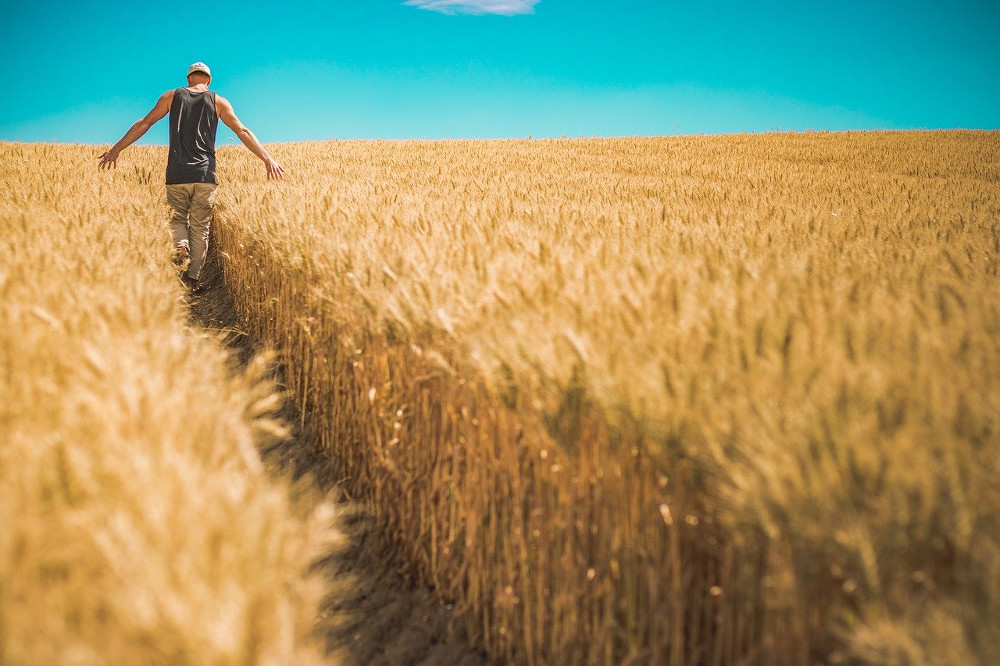
Blockchain traceability starts from the origin of the raw material. The choices of those who produce milk, meat, fruit or cereals are important to guarantee product quality and food safety.
The ethical and sustainable choices, the selection of varieties, the peculiarities of the field and the breeding are information recorded in the blocks. Thus the farm can obtain visibility, greater awareness and recognition of quality by the whole chain up to the consumer.
With blockchain, the leading role of the agricultural enterprise is rediscovered. Even small companies can make themselves known to the general public without resorting to traditional advertising channels. An app is enough to talk to the consumer in a new and direct way about the product.
Not only.
Blockchain traceability protects the authenticity of the product thanks to the immutability of the recorded data. This is a plus for all goods, in particular for those most subject to counterfeiting and falsification such as wine, cheese, salami, oil.
Agri-food scams damage the companies of Made in Italy and the consumer.
The blockchain is a valid tool to stem this phenomenon and strengthen consumer confidence, ensuring the authenticity of the product up to purchaser’s hands.
Blockchain traceability as a marketing lever to generate purchases.
- communicate with transparency from the origin
- create greater product awareness
- respond to an attentive and informed consumer
- convince the purchaser
Today’s blockchain applications tell the consumer about the product from its origin.
Let’s take a pack of pasta: the customer can know the name of the farmer, where and how the wheat was grown, which variety was selected by the pasta factory, the type of processing carried out, for example, bronze drawing or slow drying.
The product advantages that distinguish it from the competition are reinforced by reliable data that guarantee and inform.
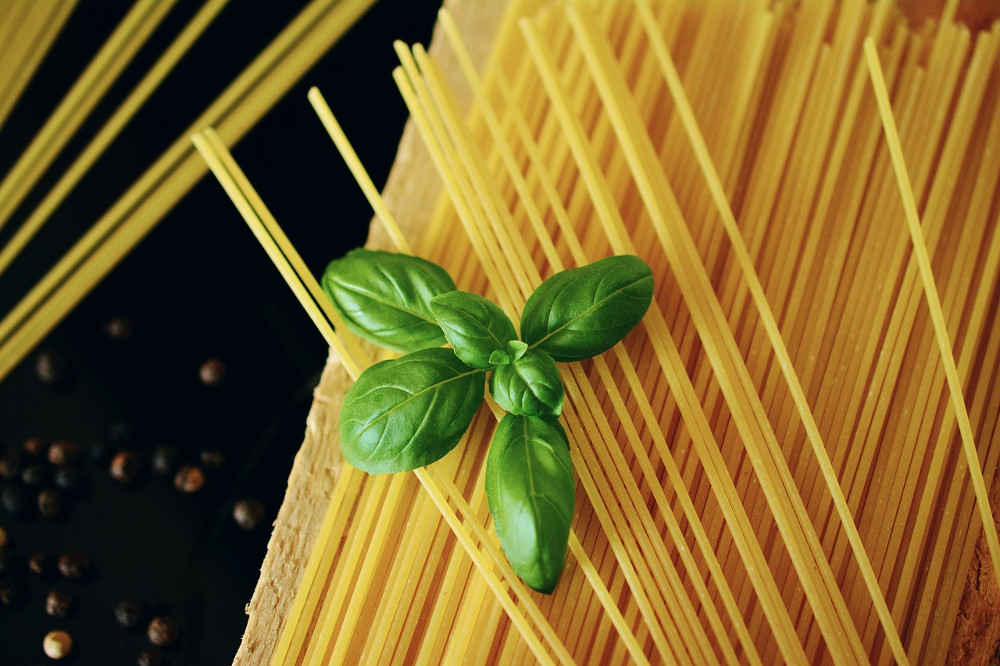
The blockchain allows you to understand the attention, care and goodness of a product and more easily obtain price recognition for the best quality offered.
Anyone can read the history of the product by scanning a QR code. And he can do it directly in the supermarket while he is choosing whether to buy the product.
Blockchain traceability is useful to support a purchasing decision by providing transparent information that reassures a consumer who is increasingly attentive to what he selects for himself and his family.
Along the supply chain more efficiency and saving of documents.
Blockchain traceability is a new and interesting “marketing tool” but also has advantages in terms of efficiency and time and document savings.
Read the case histories of large companies that have successfully integrated blockchain technology.
Golden State Foods
Pepsi

